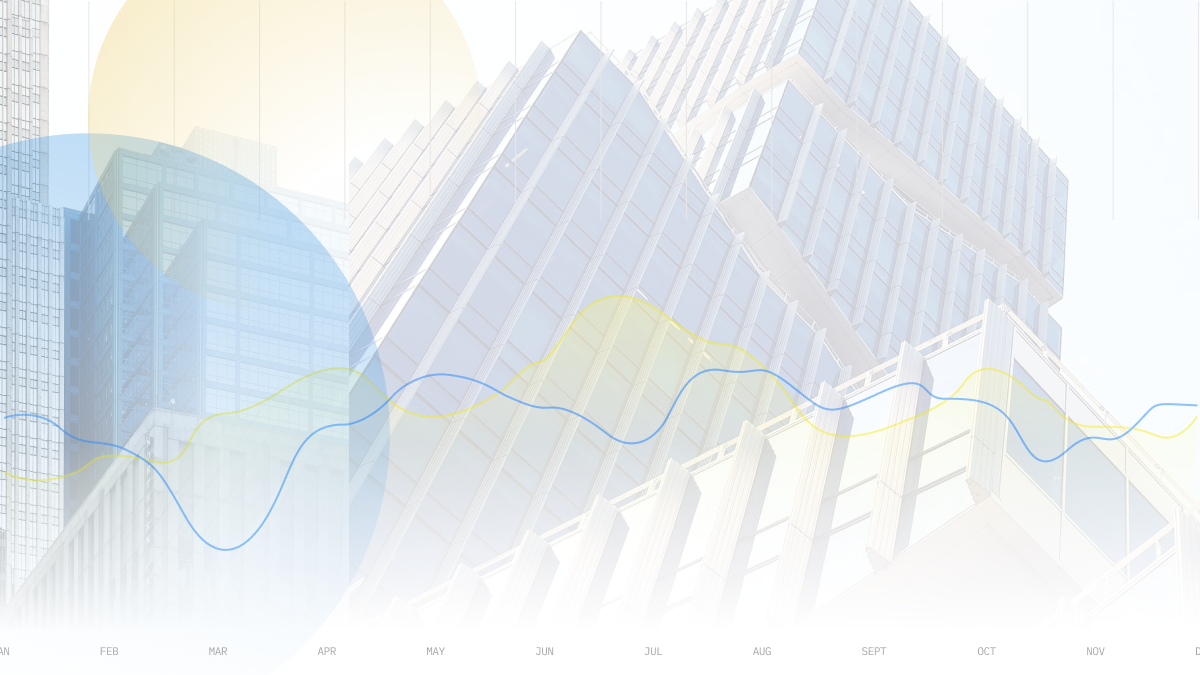




Quarterly Economic Growth Release: More BSP cuts to come
 DOWNLOAD
DOWNLOAD

Monthly Economic Update: Fed catches up
 DOWNLOAD
DOWNLOAD

Inflation Update: Steady and mellow
 DOWNLOAD
DOWNLOAD



Philippines kicks off tightening cycle with first rate hike since 2018
MANILA, May 19 (Reuters) – The Philippine central bank raised interest rates for the first time since 2018 on Thursday, joining peers around world in a rush to stem intensifying inflationary pressures that could derail the domestic economy’s recovery.
The central bank also said the strong rebound in domestic economic activity and labour market conditions during the first quarter “provides scope for (the central bank) to continue rolling back its pandemic-induced interventions”, signaling further tightening could be expected.
The Bangko Sentral ng Pilipinas (BSP) lifted the overnight reverse repurchase facility rate by 25 basis points to 2.25%, as expected by the majority of 17 economists in a May 12-16 Reuters poll.
The rates on the overnight deposit and lending facilities were likewise raised by 25 bps to 1.75% and 2.75%, respectively.
The BSP slashed interest rates by a cumulative 200 basis points in 2020 to help revive an economy that had plunged into recession due to the COVID-19 pandemic.
“Persistent inflationary pressures point to the need for prompt monetary action to anchor inflation expectations,” BSP Governor Benjamin Diokno said.
The BSP revised its 2022 average inflation forecast to 4.6%, from 4.3% previously, above the 2%-4% target band. For 2023, inflation is seen closer to the upper end of the same target range at 3.9%.
Diokno also noted the emergence of additional factors that could push inflation higher, such as the higher-than-expected adjustment in minimum wages in some regions, including in metropolitan Manila, which will take effect next month.
Given ample liquidity, a gradual recovery in credit activity, and stable financial market conditions, Diokno said the BSP also decided to “reconfigure” its government securities (GS) purchasing window “from a crisis intervention measure into a regular liquidity facility under our interest rate corridor framework”.
“The recalibrated GS purchasing window shall enhance the BSP’s ability to manage domestic liquidity conditions and ensure the sustainability of its balance sheet,” he said.
(Reporting by Neil Jerome Morales, Karen Lema and Enrico Dela Cruz; Editing by Kanupriya Kapoor and and Tom Hogue)
This article originally appeared on reuters.com





 By Reuters
By Reuters